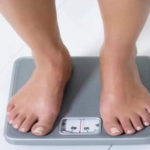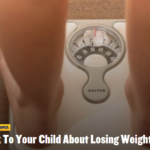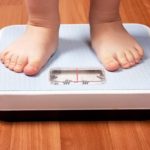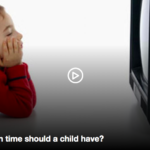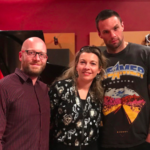Published: Irish Independent
Author: Deirdre Rooney
Expert Opinion: Dr. Malie Coyne
“Happiness is a state and not something which can be maintained indefinitely. No matter what age we are, life presents us with a colourful rainbow of emotions. The more accepting parents and children are of this range and the less we try to pursue the ‘ideal’ of happiness, the more we can appreciate each moment,”
“All parenting begins with you. To be a calm, loving and empathic parent, you need to take good care of yourself. Parental self-care is about achieving balance and filling your cup so you have something to give to the many roles you play in your life, be it mother, father, partner, friend, carer or worker. If you take a pro-active approach to nurturing your self-care, you are far more likely to have the physical and emotional reserves to take on the unpredictability of what each parenting day brings.”



